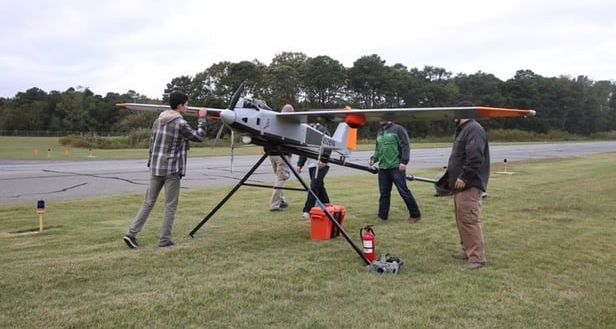Oct 10, 2016
Nightingale Sleep encourages slumber under a white noise “sound blanket”
Posted by Shane Hinshaw in categories: internet, media & arts, neuroscience
Pitch black darkness and silence may help some people drift off at night, but others fall asleep better with music, TV or a fan on in the room. For the latter group, a white noise machine or app can be a handy bedside companion, but Cambridge Sound Management claims it has a better option with the Nightingale, a new Internet of Things-enabled system that uses two speakers in a room to create a “sound blanket” that is designed to blend into the background and block disruptive sounds.
Devices like the Snooz are designed to sit by the bed while they give off their comforting soundscapes, but according to CSM, when sound is coming from a single source a listener’s brain can pinpoint it, making it less effective at helping people switch off and drift off. To counter this apparent shortcoming, the Nightingale system comes in pairs, and placing them in different parts of the room creates a more uniform blanket of white noise that the brain can’t precisely locate.
Each unit contains two speakers, and when plugged into an outlet – actually two outlets –, outputs ambience from a selection of 15 different types of soundscapes. The company says the layout of the room is taken into account, and the devices will work even when plugged in behind furniture. Electrical outlet real estate is valuable, so the front of each unit contains two more outlets, to replace the ones it’s hogging.


















